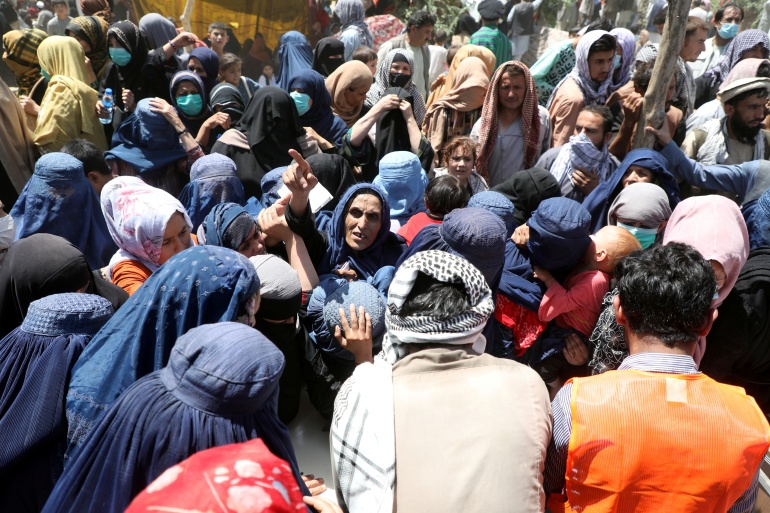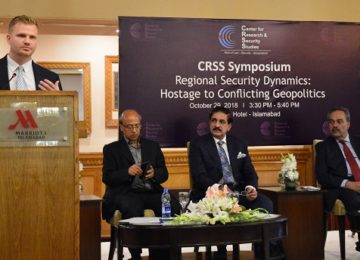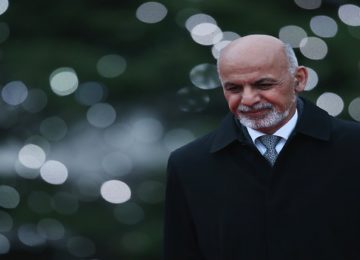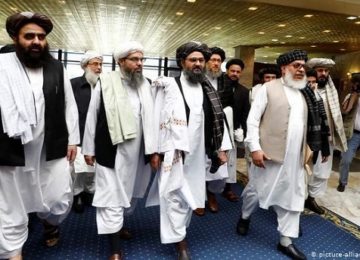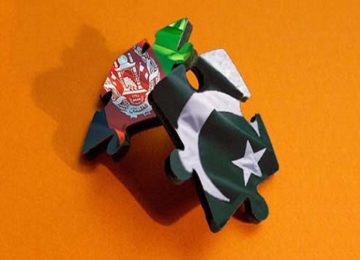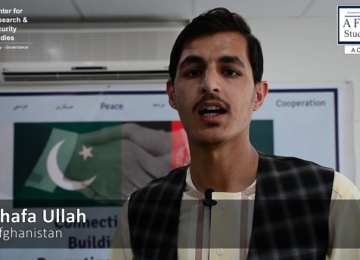The situation in Afghanistan is dire. By most estimates, the country will be the world’s worst humanitarian crisis, with 24.4 million people needing urgent and immediate assistance. Despite the end to a major conflict, and a relatively peaceful outlook, both the economy and the public service industry seem to be on the verge of collapse, with little being done by the international community to unfreeze assets that could help ordinary Afghans.
Said freeze resulted after the Taliban takeover on August 15, 2021, with aid organizations and embassies both freezing billions in aid, and suspending critical programs designed to alleviate the acute hardships faced by the Afghan people. In addition to the hunger crisis and cold, Afghanistan also faces a severe economic downturn (near-universal poverty), with the United National Development Programme (UNDP) warning that 97% of the population could fall below the poverty line by mid-2022. Afghanistan is also besieged by trade woes, the COVID-19 pandemic, and an unprecedented drought (faced by 4/5ths of the country). This is especially bad in a country where 85% of the rural population derives its income from agriculture.
The World Food Programme (WFP) states that nearly 23 million face acute hunger, with 9 million of those one step away from a famine situation. Nearly one million children could die from malnutrition and starvation. Nearly 3.5 million Afghans are already internally displaced due to conflict, and other disasters, including 700,000 last year alone.
The food security and malnutrition would also tie up the crumbling healthcare sector, as humanitarian organizations are finding it increasingly difficult to pay salaries, operational costs, and overheads to keep essential services going for those that need it the most. Major governments around the world have categorically banned any direct monetary exchange with any individuals inside of Afghanistan for fears that their taxpayers’ money could end up in the hands of the Taliban, and be eventually used in nefarious activities.
The public service collapse is not just limited to the healthcare sector. As the bulk of Afghanistan’s economy was run by foreign aid, doctors, teachers, administrative civil servants, and other government employees have not been paid in months, despite being forced to continue working by the Taliban. Banks have also severely limited how much money people can draw, while inflation continues to rise, and common commodities become expensive. By one count, there are nearly $10 billion in frozen assets that Afghanistan no longer has access to. There is now a realistic possibility that these funds may be redistributed, in part, to the families of the victims of the September 11 attack in the US. This is especially egregious, because a country that had nothing to do with 9/11 was punished for two decades, with worst yet to come after August 15, 2021.
Afghanistan was already a poor country before the confluence of the aforementioned catastrophes further exacerbated matters. With the Taliban refusing to modernize and be more palatable to the world, and the world refusing to unfreeze assets and recognize their government, ordinary Afghans are resorting to more and more extreme measures to simply survive. Shortly after the takeover of Kabul, there were harrowing anecdotal tales of people selling personal belongings, furniture, vehicles, and paraphernalia to have enough money to feed themselves. Now there are gut-wrenching stories of people selling kidneys, and in some cases even their children to survive.
In the tug of war between the Taliban, who enjoy the perks of being in power and control, and the world, the ordinary Afghan people are the ones that seem to suffer the most. Ordinary people around the world need to a) donate to reputable and well-established organizations that are providing critical assistance inside Afghanistan, b) stay well-informed of the unfolding situation, and c) pressurize their public representatives to get their government to provide assistance to beleaguered Afghans inside the country.
The author serves as a Research Fellow at the Center for Research and Security Studies, Islamabad, is a freelance journalist. He can be reached via zeeshan.salahuddin@gmail.com and tweets @zeesalahuddin.
Courtesy: Matrix Mag



